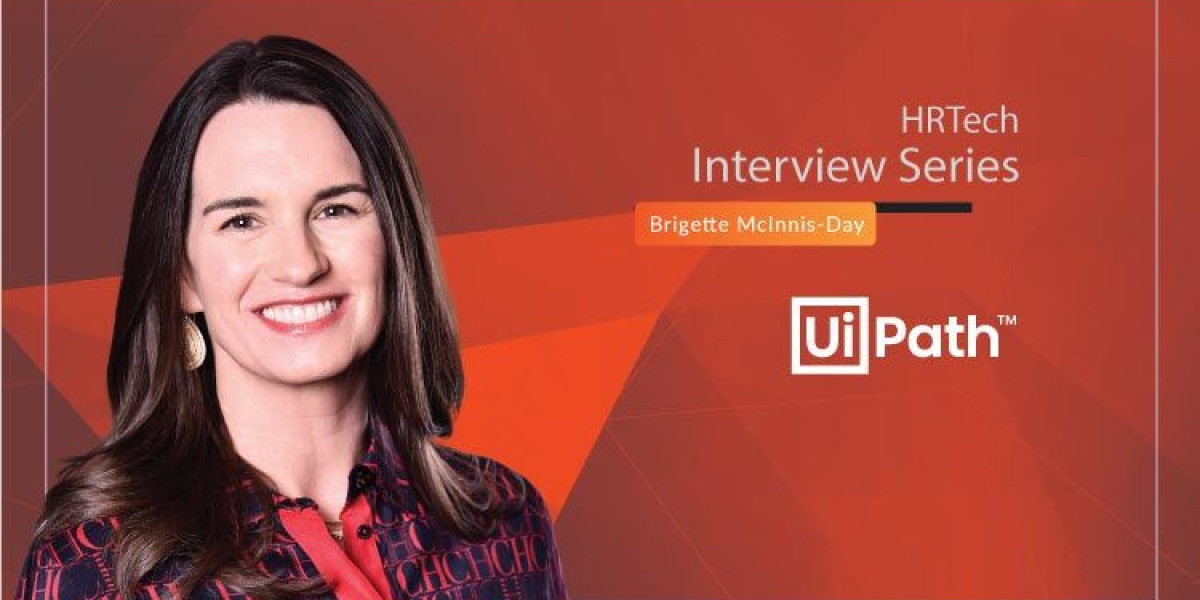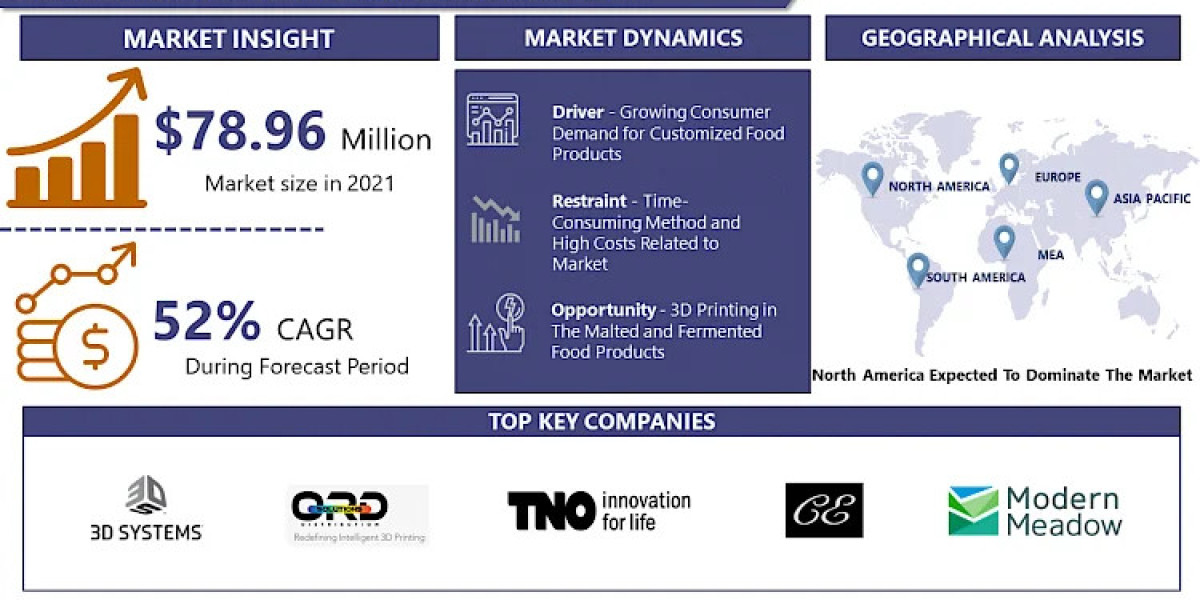Hi, Brigette, welcome to the Interview Series. Please tell us about your journey in the technology industry and how this industry has transformed in the post-Covid era.
As Chief People Officer at UiPath, I am responsible for leading HR strategy, execution, and vision, with a focus on acquiring and developing talent and shaping the culture. Over the 20 years I have worked in the technology industry, the landscape has changed dramatically. Business looks radically different today than it did three years ago, and yet some areas have not advanced as fast. In the past few years, companies have learned to adapt to a decentralized workforce and within the past six months, there has been massive technological change and developments in Generative AI. The ongoing hype around ChatGPT demonstrates that we’ve entered a new era of AI – one that can empower us to work smarter. By understanding the new challenges of the current way we work, and seeing where innovative technology like AI-powered automation can help, we can help employees embrace this evolution.
Enterprise automation is the biggest game-changer for the HR teams in the recent years. Could you tell us how you utilize automation in your own HR Tech stack?
In the post-Covid era, the HR industry has experienced growing pains as the demands on HR professionals have shifted and workplace trends such as the Great Resignation, Quiet Quitting, and Great Restructuring appeared. To navigate the complex and ever-changing landscape, many companies now expect that their HR leaders have the business acumen to take a more strategic approach to not only advance HR but lift up the entire organization. For busy HR professionals, automation can serve as a valuable tool, helping accelerate key processes so employees can focus on the interpersonal work that’s so central to their role and skillsets.
One example of this is scheduling interviews, which is a highly time-consuming and repetitive activity. Internally, we have expedited this task by implementing automations that can check calendars in different time-zones, provide the candidate with time slot options and then set up a meeting and send details to its participants. By using this digital coordinator, our operations team can focus more time on facilitating the process for recruiters and candidates with up to 30-45 min saved per candidate.
At UiPath, our mission is to uplevel knowledge work so more people can work more creatively, collaboratively, and strategically. Our AI-powered automation platform not only optimizes workflows but also enables employee engagement – empowering people to go beyond mundane tasks to focus on work that inspires them.
Recommended: HR Tech Interview with Eric Ly, Founder & CEO at KarmaCheck
Would it become more challenging for workers to chase upward mobility in their current organizations with the arrival / maturity of AI capabilities?
On the contrary, automation and AI create new opportunities for job creation and career mobility. While it is natural for there to be hesitations around the impact of AI, these technological advances will ultimately enrich employees’work and personal lives by preventing them from feeling like robots themselves. With the help of automation tools, employees will have more time to learn new skills and focus on critical tasks. They’ll be able to eliminate the tasks they dread doing and the ones that might prevent them from having opportunities to reach up. Plus, as organizations increasingly deploy these tools, workers with AI and automation skills will be highly coveted and sought after–giving them a leg up against competition in job searches.
Could you highlight the key takeaways from your recent report on how AI-powered automation is dominating the job markets?
UiPath conducted a survey of more than 6,400 workers from around the world and compiled a report that examines the challenges The Automation Generation is facing as a result of shrinking teams and economic pressures—and how they’re using automation to offset those issues. Unlike traditional generations, the Automation Generation is not tethered to a specific age group or demographic. Rather, this generation encompasses every worker who is embracing AI and automation to excel in their roles and create a more enriched professional and personal life.
More than one in four workers (29%) around the world report feelings of burnout, leading to more staffers leaning on AI-powered automation tools to provide relief. Automation is seen as a viable solution to enhance job satisfaction with 58% of respondents saying that they believe the technology can address burnout and improve job fulfillment. Another 57% report that they view employers that use AI-powered automation to help support employees and modernize operations more favorably than those that do not. The data shows that the Automation Generation is able to successfully navigate this era of work, and I expect that to continue as more organizations lean on AI-powered automation to maintain productivity and business continuity.
Generative AI and similar technologies have completely taken over all major discussions in terms of investments and budgeting this year. Could you highlight how these AI capabilities could revolutionize HR Technology?
Technological advances like AI, ML, and predictive analytics have affected every industry and HR is no exception. For recruiters, managing the relationships from potential talent and sourcing defines their success. In the HR industry, workers can now use the combination of Generative AI like ChatGPT and UiPath to expedite talent searches. These technologies can reduce their search time by 95%. From a compliance perspective, automation can audit employee data in Workday across all other systems to ensure data accuracy and notify HR administrators if it identifies an anomaly. Another example is in benefits. Automation greatly reduces the time it takes a specialist to log into various systems, download invoices, and reconcile in Excel to send to finance teams. This is a labor intensive that becomes an easy win with automation because it empowers HR employees to spend time on value-added tasks.
When you take away the repetitive processes in an HR professionals’ day-to-day and give back the crucial time and resources that they didn’t have before, they can focus on the larger business strategy. At UiPath, we have implemented a variety of automation solutions that focus on recognition to improve engagement. For example, we have started the creation of an interactive automation that all employees can use for HR-related enquiries. As part of its initial features, the bot can raise tickets on employees’ behalf, so that they don’t need to go on different systems to make requests. The impact is it is a one-stop shop for employees’ inquiries.








